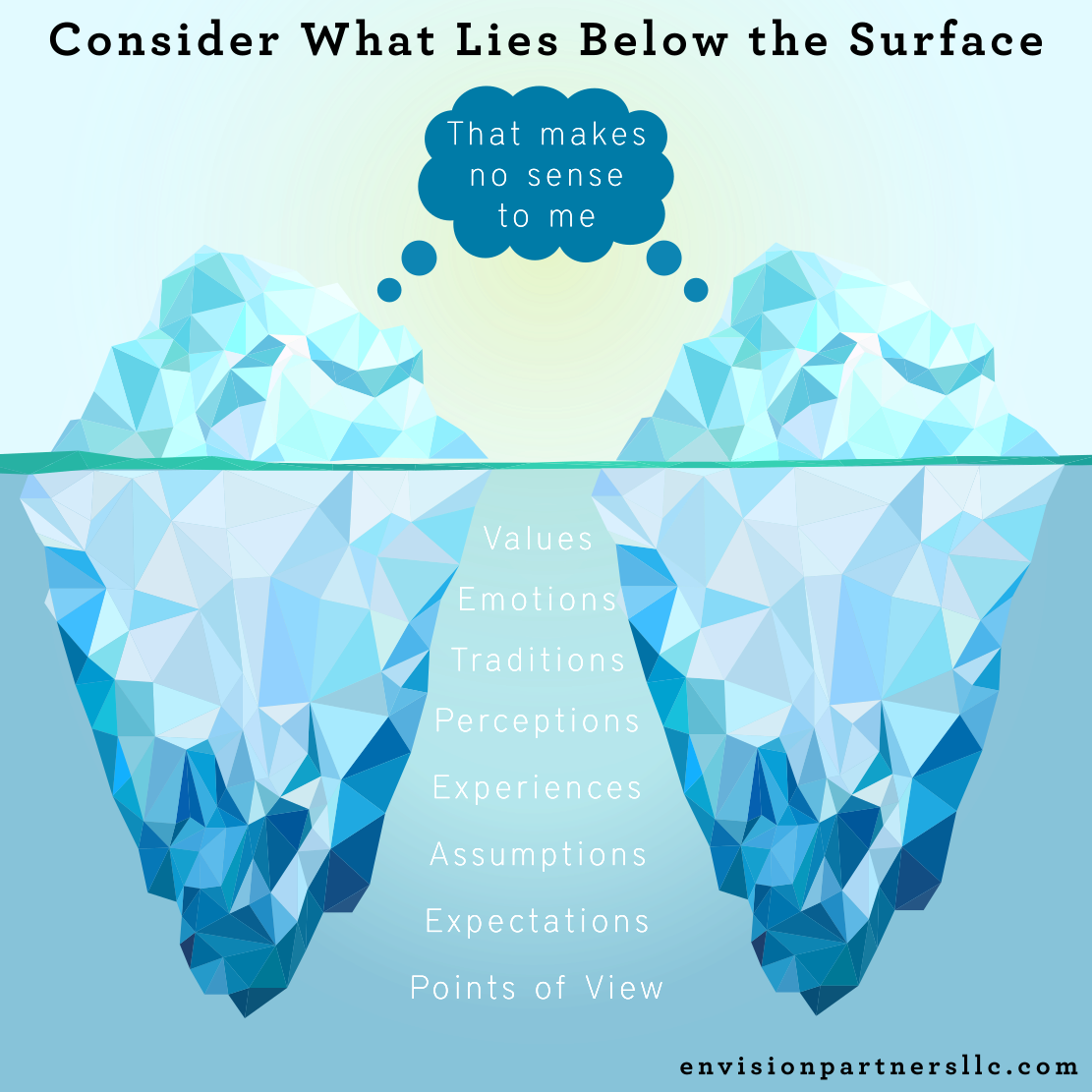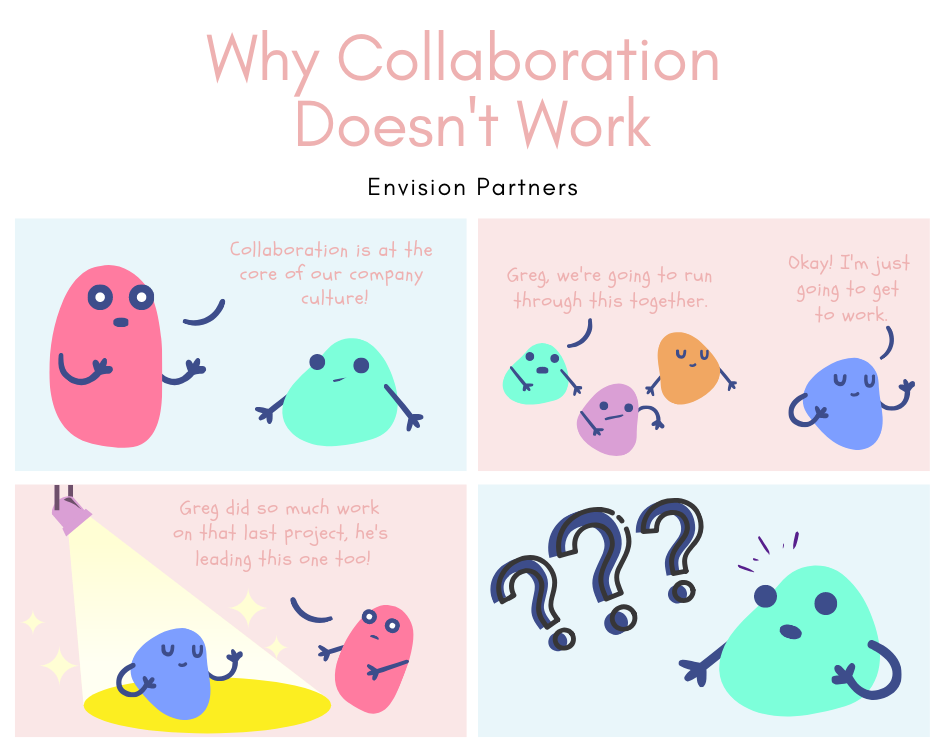Clichés Falling from the Sky
In The Hitchhiker’s Guide to the Galaxy (Douglas Adams, 1979), the inhabitants of Krikket, having always lived in a giant dust cloud, had no concept of the universe until a spaceship fell out of the sky. How could they not know about something as obvious as the universe? Folklore based on Columbus’ voyage to the New World, and on the journals of other world explorers, suggests that the native people did not see the giant sailing ships until the men were on shore. The concept of “Ships not Seen” suggests that the ships were so ridiculously out of context that their mind ignored it. The same with the Krikketer’s universe.
I often hear the phrases “Two ships passing in the night”, or “Can’t see the forest for the trees” or vice-versa, in an attempt to describe the inability of two individuals to communicate effectively. The common concept in all of these examples is that the individuals are talking about the same subject, and are maybe even in agreement, but they keep talking in circles, thinking the other doesn’t get it. Frustration and anger build leading to communication being cut off now and in the future.
So how do we explore the unknown; how do we make sure we are not missing what is obvious to the other? As with every other effort, first you have to want to.
“Seek first to understand, then to be understood”—Stephen Covey, (“7 Habits of Highly Effective People, Habit #5). If we accept that we have a limited world-view, we should begin each and every dialogue with an exploration of our surroundings in order to discover what we are not seeing. Are there obvious assumptions, emotions or point of view the other person that led to their conclusion? What is the intention of the question they are asking? True curiosity requires being vulnerable. Maybe we don’t see or know everything.
On Friday, I’ll share a few of my key phrases to help you communicate effectively with anyone, even if your “underwater values” differ.











A 3-step process to help you and your employees create lasting behavioral change.